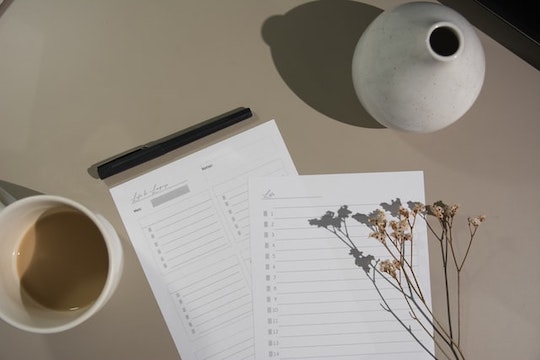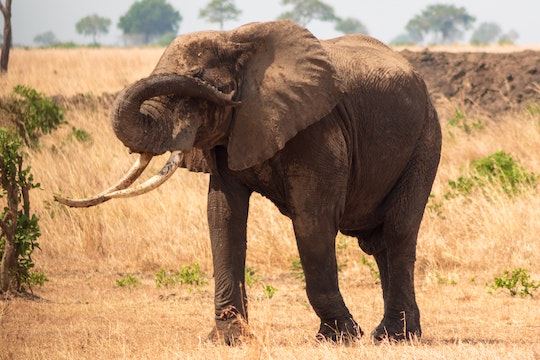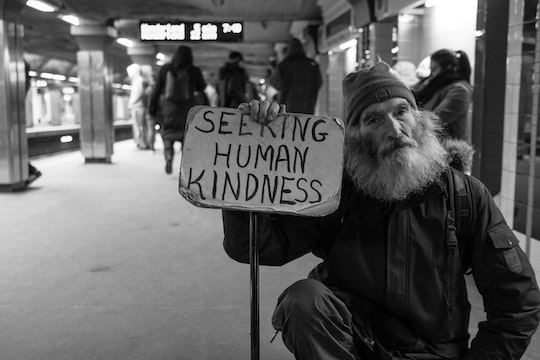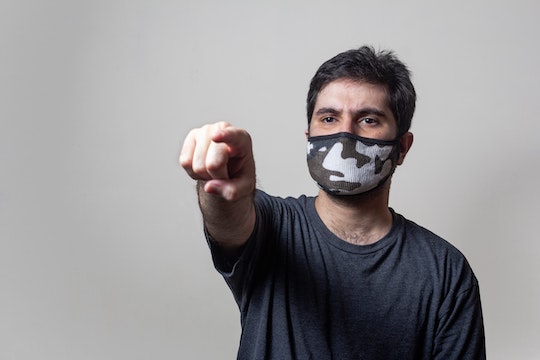“Before you try to increase your willpower, try decreasing the friction in your environment.”
—James Clear, Writer, Entrepreneur and Behavior Science Expert
In any new coaching engagement, it is very helpful to examine the personal, social, and structural supports that are already in place.
Better outcomes are unlikely without a significant degree of motivation, ability, and willpower.
Having the social support of friends, family, and colleagues provides both encouragement and accountability.
Structural support is often trickier in that environmental cues already in place often trigger old, entrenched habits that do not serve new behaviors and better results.
EXERCISE:
Explore James Clear’s book, Atomic Habits for more ideas on this subject, and his 1-2-3 Newsletter to get you thinking differently to create better results in many areas of life.
I also recommend the book Influencer — The Power to Change Anything for other strategies to decrease the friction in our environments.












